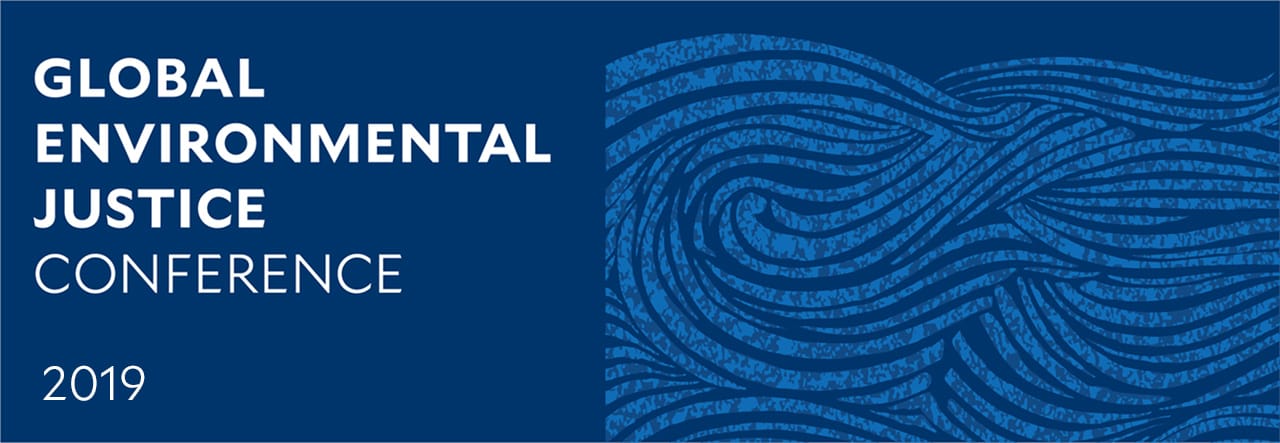Katie Mazer
Postdoctoral Fellow
McMaster University
Katie is a post-doctoral fellow at McMaster University and holds a PhD in geography from the University of Toronto. Her research focuses on the politics of work and resource extraction in North America. Her doctoral research examined the changing forms of labor flexibility and mobility that underpin Canada’s extractive industries. Moving from the post-war period to the present, her dissertation illustrates how regional planning, poverty policy, and changing ideas about working life have normalized the extreme labor relations that characterize Canada’s extractive sector today. Her current post-doctoral research is part of a comparative study examining the experiences of Indigenous women working in nickel mining in Canada and New Caledonia. Through her research, Katie aims to highlight how certain people and places come to rely on resource extraction and to challenge the notion that extraction is the solution to poverty and unemployment in rural and remote Canada.
Extreme, volatile, and mobile labor regimes are a longstanding feature of Canadian resource industries. Workers have often travelled thousands of miles out of peripheral, high unemployment regions to periodically pursue work in these industries. This paper considers how white, rural, working class men come to be seen, by employers and themselves, as a “natural fit” for mobile work in resource extraction. Examining labor mobility between depressed areas of eastern Canada and the Alberta petroleum industry (the oil sands, conventional oil, and supporting services), I trace longstanding racial, geographical, and gendered explanations of workers from this region as unproductive, lazy, and dependent on the state. I draw on interviews with Alberta employers, employment counselors, and mobile workers, and media representations to consider how these narratives function to shape and constrain not only workers’ understandings of themselves, but also their political imaginaries.
The pervasive story of these workers as undeserving and averse to work has enabled the emergence of a contrasting working subject: the hard-working, flexible “east coast” worker who is a natural fit for the rigs. I argue that, despite the challenges of mobile resource work, the interplay of stories that pathologize and celebrate these workers has encouraged their attachment to resource extraction as the pathway to a better life. In interrogating the formulation of these men as a distinct class of workers, this paper is concerned with the broader ways that the production of social difference is foundational to the reproduction of extractive relations and geographies.
Dump Truck Destiny: Work, Whiteness, and Attachment to Extraction
Work Areas:
Climate justice,
Community-based research,
Extractive Industries,
Migration and human mobility,
Race and ethnicity






